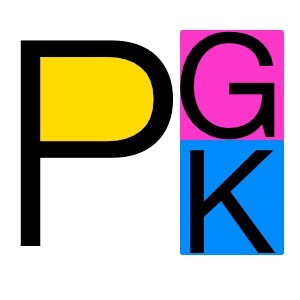A year ago, I wrote that in the future, the would be No Apps, Just Agents. That future isn’t here yet. In the meantime, OpenAI has launched AgentKit, stepping into the territory of Zapier and n8n. Their marketing language has shifted too—Containing talk of “AI agents” and “AI orchestration.”
Many big SaaS offerings already contain workflow engines, that make them so much more than what they would be otherwise: Think Slack’s Workflow Builder, Zapier’s triggers, and GitHub’s Actions. A large share of SaaS also leans on existing infrastructure—Firebase or AWS for storage and authentication, and third-party APIs for core functions. What these products add is orchestration, business rules, and a UI. As tools like AgentKit mature, those layers may be handled by agents instead, leaving parts of today’s SaaS offerings redundant.
Not every app fits this mold. Games, creative tools, and compute-heavy systems aren’t just workflows in a UI. And even within SaaS, agents still have to prove themselves. Most success stories are filtered through survivorship bias; the failures stay hidden.
Agents may well replace much of what SaaS offerings so today—but only if they can survive first-contact with reality.
 Kountanis
Kountanis